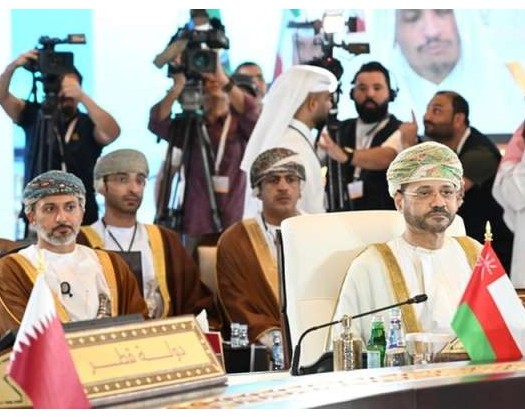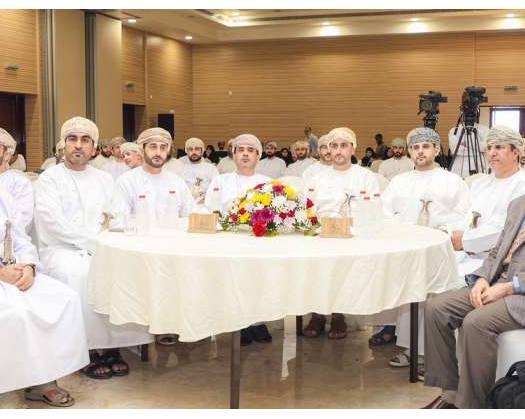Doha: The 160th session of the GCC Ministerial Council, held in Doha, Qatar, saw the active participation of the Sultanate of Oman.
Heading the Omani delegation was Sayyid Badr Hamad Al Busaidi, the Foreign Minister.
During the session, the ministers thoroughly discussed and made decisions on various matters pertaining to joint GCC action.
Emphasizing the steadfast stance of the GCC states on regional and international issues, particularly the Palestinian cause, was a key highlight of the meeting.
In addition, Sayyid Badr Hamad Al Busaidi, the Foreign Minister, also engaged in the 6th joint ministerial meeting between the GCC foreign ministers and Dr. Shaya Mohsin Zindani, the Minister of Foreign Affairs and Expatriates of the Republic of Yemen.
The meeting shed light on the latest developments in the Yemeni arena.
Furthermore, the ministers reaffirmed their unwavering, united, and supportive position towards the Yemeni Presidential Leadership Council, with the aim of achieving a comprehensive and sustainable political solution in accordance with the GCC Initiative, its implementation mechanism, the outcomes of the comprehensive National Dialogue Conference, and Security Resolution 2216.
The ministers stressed the importance of carrying out this process while safeguarding Yemen's sovereignty, unity, territorial integrity, and independence.
Furthermore, the 6th joint ministerial meeting of the strategic dialogue between GCC foreign ministers and Hakan Fidan, Minister of Foreign Affairs of Türkiye, saw the active participation of the Foreign Minister.
During this significant gathering, the ministers emphasized the progress made in the longstanding GCC-Türkiye relations and the collaborative efforts in the areas of economy, trade, and tourism.
The ministers reiterated their shared commitment to continue and enhance their endeavors in supporting the Palestinian cause.
Moreover, they highlighted the significance of bolstering political, diplomatic, and legal initiatives based on principles of justice and unified standards in addressing diverse issues and challenges. This approach aims to foster security and stability not only in the region but also globally.








